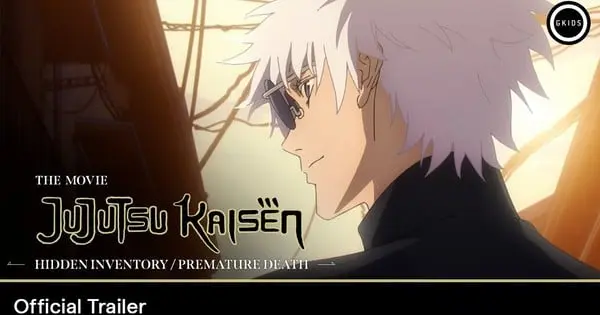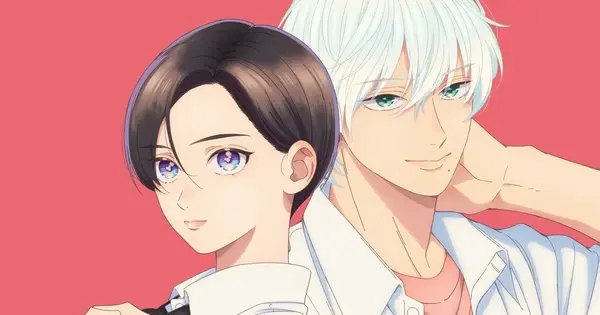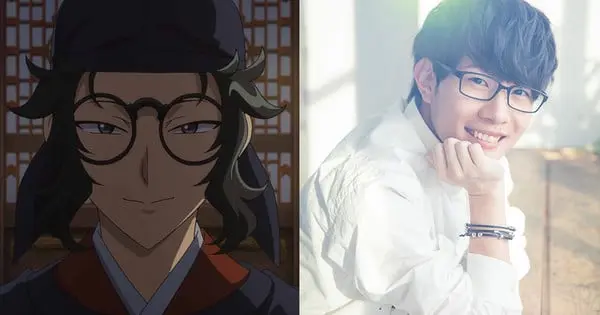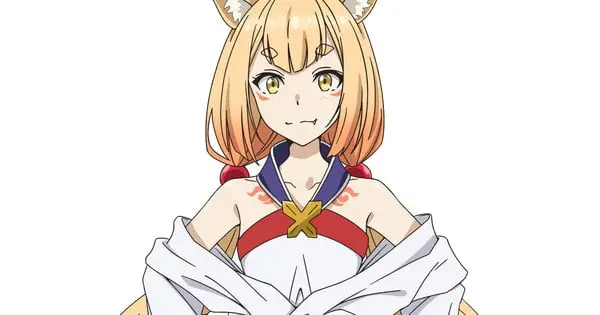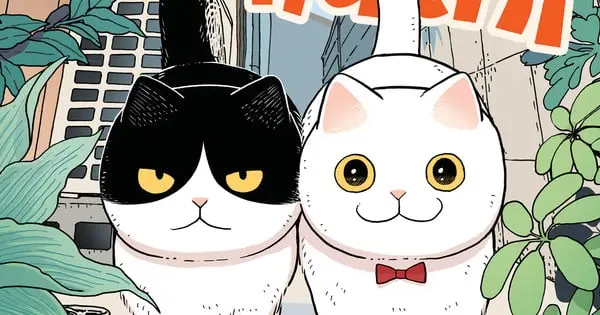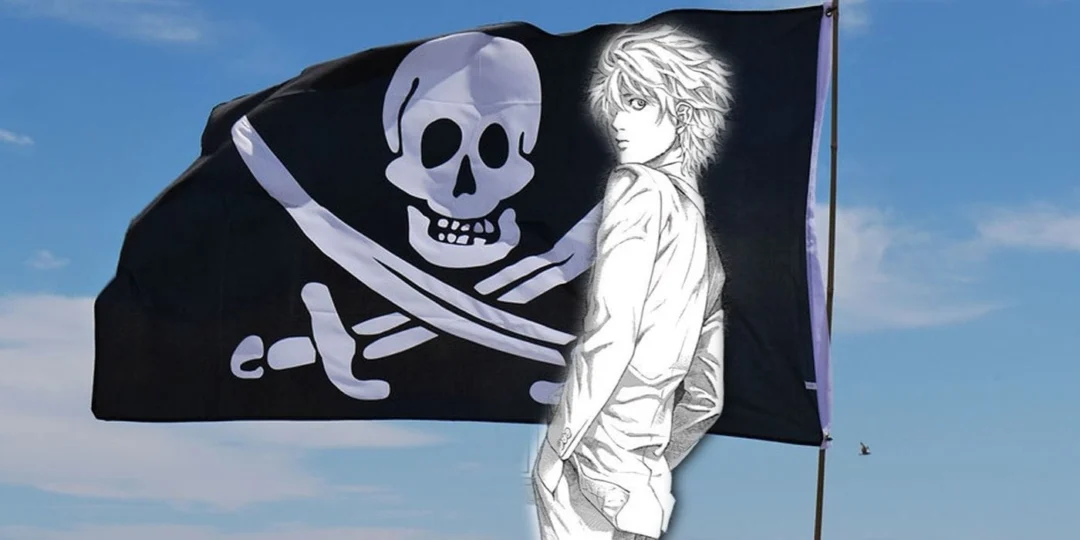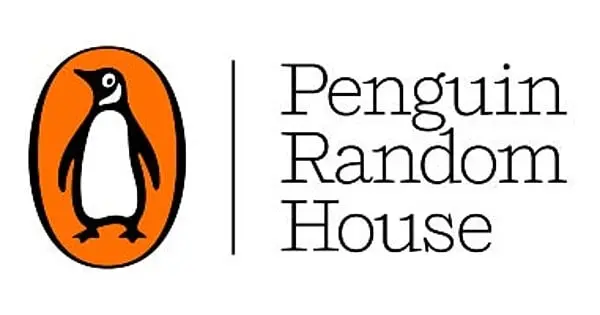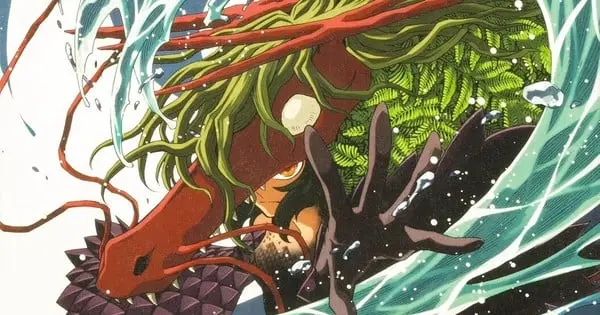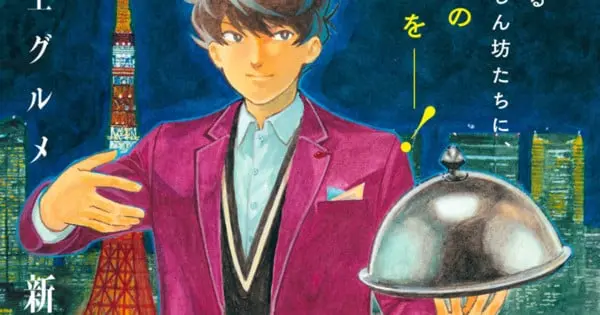The world of manga and anime is vibrant and beloved, but it’s also one where the shadow of piracy looms large. Recently, a creator’s blunt response to a fan about reading pirated manga ignited a heated discussion about the ethics and impact of this practice. Toshio Sako, the creator of the popular manga series Usogui, didn’t mince words when addressing the issue, sparking a debate that highlights the complex relationship between creators, fans, and the digital availability of content.
The Creator’s Outburst: “Don’t Read It, Are You Stupid?”
The controversy began when a fan questioned Sako about manga piracy. Sako’s response, deemed “rude” and “condescending” by some, was a stark declaration: “Don’t read it, are you stupid?”. This directness ignited a firestorm of reactions, with many expressing outrage and disagreement. Some fans felt that the creator was unfairly attacking readers who may not have legal avenues to access the manga in their respective countries. Others, however, understood and supported Sako’s frustration, acknowledging the financial and creative toll that piracy takes on artists.
A Contentious Issue: Availability and Morality
Piracy within the anime and manga community is a deeply divisive subject. Discrepancies in international availability often lead to arguments about whether or not it can ever be morally acceptable. Many fans argue that they resort to piracy because official channels for manga are not accessible or affordable in their region. They see it as a matter of wanting to enjoy the content, rather than intentionally harming the creators. This perspective clashes with the view of many creators, who see piracy as a direct theft of their hard work.
The Impact of Manga Piracy
The debate surrounding manga piracy isn’t just about individual access; it’s about the sustainability of the entire industry. Here’s a breakdown of why it matters:
Financial Losses for Creators
Manga creators rely on several revenue streams to make a living. These include:
- Page fees: Manga artists are paid per page they draw for magazines. The amount varies, with newer artists earning less than more established ones. For example, new mangakas might earn between ¥10,000 and ¥15,000 (approximately $90-$135) per page, while more popular artists can earn significantly more.
- Royalties: When manga volumes are released, artists receive a percentage of the sales. This is a significant part of their income, typically around 8-10% of the pre-tax price for the first print run.
- Licensing and Merchandising: Successful manga often lead to anime adaptations, video games, figures, and other merchandise. Artists get royalties and licensing fees from these, which can be a significant source of income.
Piracy undermines these revenue streams by providing unauthorized access to the content, meaning that creators do not get compensated for their work. This lack of compensation directly affects their ability to create more manga.
Threats to the Industry’s Future
A Tokyo-based manga creators’ group, Manga Japan, has expressed serious concerns that the manga industry may eventually collapse if piracy continues unchecked. They emphasize that piracy websites “only care about making money” and have no concern for the future of manga creators. The rapid growth of these websites is alarming, with one notorious site in Japan attracting 174 million visitors in a single month. This level of unauthorized viewership diverts crucial revenue away from the industry.
Copyright Law Loopholes
Currently, copyright laws in some countries do not apply to people who read or download pirated manga online. While downloading illegal copies of music and videos may be prohibited, image files like manga often fall outside of these laws. This legal gap makes it harder to combat piracy, as readers are not held accountable.
The Counter-Arguments: Is Piracy Ever Justified?
While the harm caused by piracy is evident, some argue that there are situations where it may be more understandable or even beneficial. Here are some points brought up by those who defend piracy:
Limited International Availability
Many fans outside of Japan struggle to access manga through official channels. Region locking and delays in releases often force fans to seek alternative means of accessing the content they love. They feel that they should not be denied access simply due to their location. This lack of availability can lead some to feel justified in resorting to piracy.
Piracy as a Form of Promotion
Some believe that piracy can boost a manga’s popularity, leading to more official sales and merchandise purchases. They argue that if someone enjoys pirated content, they are more likely to buy official releases and support the creator. This argument suggests that piracy can generate a market where one did not exist before, and can lead to more sales in the long run.
Frustration with Official Distribution
Many fans are frustrated with how official distribution operates. Region-locked content, the need for multiple streaming services, and the high cost of buying multiple manga volumes are some points of contention. Some fans feel that they are left with little choice but to pirate due to the shortcomings of the official channels. They claim that the industry’s failure to adapt to the digital age is a major contributor to the rise of piracy.
The Creator’s Perspective: Not Drawing as Volunteers
Creators like Gino808, author/artist of Yukionna to Kani wo Kurau, have spoken out against piracy. They emphasize that manga creation is not volunteer work; it is a profession that requires financial security. They argue that those who pirate manga are essentially saying that their work isn’t worth paying for. This undermines the hard work and dedication that goes into manga creation.
The Effort and Cost Behind Manga
Manga is not just about an idea; it requires considerable effort, time and resources. Creators often work long hours and rely on assistants, who need to be paid. These costs contribute to the price of manga, making piracy a real threat to the sustainability of their profession. Creators stress that they aren’t just drawing for fun. They are providing a product, a form of entertainment that people should pay for.
The Fight Against Piracy: What’s Being Done?
Recognizing the severity of the situation, the manga industry and the Japanese government are taking measures to combat piracy. These efforts include:
Legal Actions
Publishers and the government have started to take action against pirate websites, aiming to shut down these operations and prevent the spread of illegal content. However, this has proven to be a difficult task due to the ease with which these sites can be created and spread.
AI-Powered Anti-Piracy Systems
Japan has turned to artificial intelligence to help fight piracy. The Agency for Cultural Affairs plans to invest approximately $2 million in developing an AI-powered system to detect and remove pirated content automatically. This system will hopefully streamline the process of finding and removing copyrighted content from the internet, making it more effective than manual methods.
Promoting Legal Alternatives
There is an effort to make official content more accessible and affordable. This includes expanding the availability of legal streaming services and digital manga platforms, as well as promoting the benefits of supporting creators by purchasing their work. Some companies are experimenting with different models that could provide more content, while still compensating artists fairly.
The Ongoing Debate
The debate about manga piracy is complex, without a simple answer. While creators rightly demand compensation for their work, many fans feel frustrated by the difficulties of accessing manga through official channels. The discussion highlights the challenges of adapting to the digital age, and calls for an approach that strikes a balance between the rights of creators and the needs of fans. It’s a complex issue that requires continued conversation and solutions that work for everyone involved.

